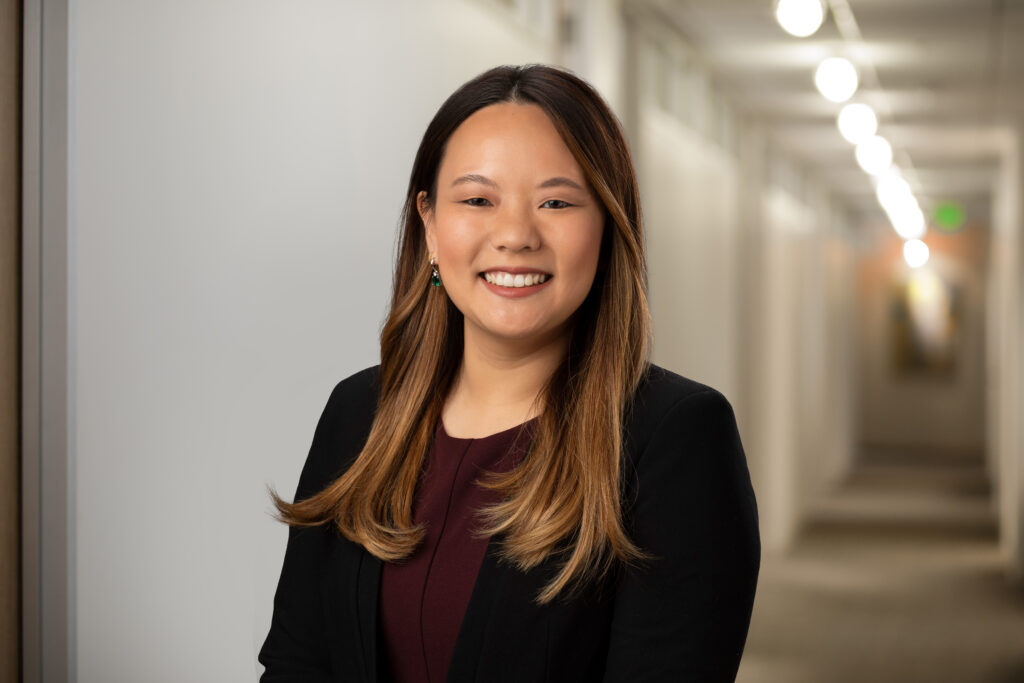
My phone flashes with another notification highlighting violence against an Asian American. Someone who looks like me was murdered, an innocent bystander pushed off a subway platform and into the path of an oncoming subway train. Another reminder that Asian Americans are seen as “other,” even more glaring in this Covid-inflicted world.
I was born and raised in Bellingham, Washington, a small town north of Seattle. There weren’t very many Asian Americans in my town, but my family made frequent trips to Vancouver, British Columbia, where many Asian immigrants resided. I loved all the Chinese and Japanese food I grew up eating, but I didn’t fit in with the Asians I saw in Vancouver. So instead, I did my best to blend in with my white classmates. I didn’t want to be associated with the “typical Asian kid” who was good at math and played the violin (even though I did play the violin). I didn’t want to fit into the model minority stereotype; I didn’t want to be a stereotype at all.
It wasn’t until I took a course in college on Asian American civil rights that I began to understand the history of exclusion in the United States. This feeling of “other” that I felt my entire life wasn’t a new phenomenon. In fact, it was a common theme experienced by the generations that preceded me. In 1882, the Chinese Exclusion Act was passed by Congress and signed into law – the first time a federal law explicitly forbade an ethnic group because it posed a threat to white laborers. In 1942, the United States incarcerated Japanese Americans in internment camps supposedly to prevent espionage on American shores. And in 1982, two white men were given probation after they brutally beat and murdered Vincent Chin, a Chinese American man celebrating his bachelor party in Highland Park, Michigan. Although I haven’t personally experienced physical harm or violent threats, learning about the history of Asian Americans inspired me to go to law school and embrace my Asian American roots.
Fast forward to 2015 in Houston. I’m sitting in an interview with a midsized law firm explaining to three Caucasian lawyers why I would be a great fit for the firm. Out of nowhere, one interviewer asks me if I know another Asian American woman in my law school class who happens to be interviewing on the same day for the same firm. My law school counselor warned me that when I enter the legal field, I’ll need to get used to working with people who don’t look like me. I thought I was prepared for that until I realized that this midsized law firm wasn’t interested in hiring two Asian American female lawyers. She got the job; I didn’t. Yet another reminder that while Asian Americans may be regarded as the model minorities, there’s still not enough room for too many “others.”
Seemingly small comments or actions can also perpetuate this feeling of “otherness.” During a firm-wide Zoom call with another law firm, one partner put up an image of an Asian wet market as his Zoom background. This was during the Covid pandemic when many speculated that the virus originated in a Chinese wet market. Someone must have said something to him because he quickly took it down. Following the call, he emailed me personally to apologize and followed up with a phone call. While I wasn’t offended by the image, I was surprised and confused as to why he used it at all. I appreciate that he recognized his mistake and expressed a sincere apology, but moments like this remind me of the work that still needs to be done.
To combat this “otherness,” I’ve found my own safe space, the Asian American Bar Association. I’m proud to serve as president-elect to this community of Asian American and Pacific Islander lawyers, and I’m looking forward to serving as president in 2023. I’m even more proud of the AABA membership that I get to call my friends and mentors. Judge Yvonne Ho is our newest magistrate judge in the Southern District of Texas, and the first AAPI judge in the Houston Division. Tina Nguyen was recently elected as one of first Asian American female partners at Baker Botts. I’m inspired by their accomplishments, but I’m baffled by why there are still so many “firsts.”
Throughout my legal career I have found so many supporters, both AAPI and non-AAPI, who have helped me become the labor and employment attorney that I am today. Judge Andrew Edison gave me the opportunity to become one of his first law clerks. Attorneys at both McDowell Hetherington and Muskat, Mahony & Devine took a chance on me and provided me with the training and experience I needed to grow as an attorney. These allies have taken the time to learn my story. Rather than rejecting my “otherness” I now recognize that my experiences and my journey have shaped my own unique perspective. I look forward to transforming my feelings of “otherness,” serving as an ally to others and accomplishing my own “first.” I don’t know exactly what that future will look like yet, but I can’t wait to find out.
Nicole E. Su is an associate at Muskat, Mahony & Devine, LLP, a management-side labor and employment law firm in Houston. She serves as the president-elect of the Asian American Bar Association of Houston and served as the past-president of the UHLC Asian Law Student Association.
